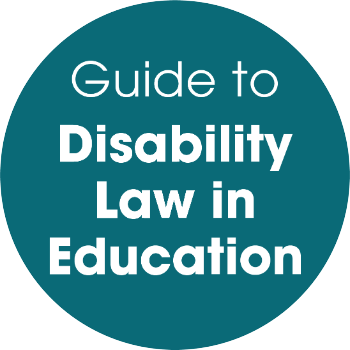04.03 Are schools (including post-16 provision) expected to know what reasonable adjustments are needed for a potential students who are disabled?
A: SenseCheck

- 0 Yes
- 1 No
- 0 Other
- 10 Nov 2022
-
No
|
Complex
No. Schools are not expected to anticipate the needs of every prospective pupil, but what they are required to do is think about and take reasonable steps to overcome the barriers that may impede pupils with particular kinds of disabilities.
Disabled people are a diverse group with different requirements.
All schools (including fee-paying schools) in England, Wales and Scotland, irrespective of how they are funded or managed, have obligations under the EqA2010.
LA schools and academies are subject to the PSED (Public Sector Equality Duty) in s149 EqA2010. This does not apply to private fee-paying Schools.
Glossary: EqA2010.
Example: Pupils with visual or mobility impairments or specific learning difficulties may face different types of barriers – for example, hearing impaired pupils who use British Sign Language (BSL) will be unable to access education where BSL is not used, whereas hearing impaired pupils who lip read will be able to access such education. The duty to make reasonable adjustments will still be owed to members of both groups.

|
Comment